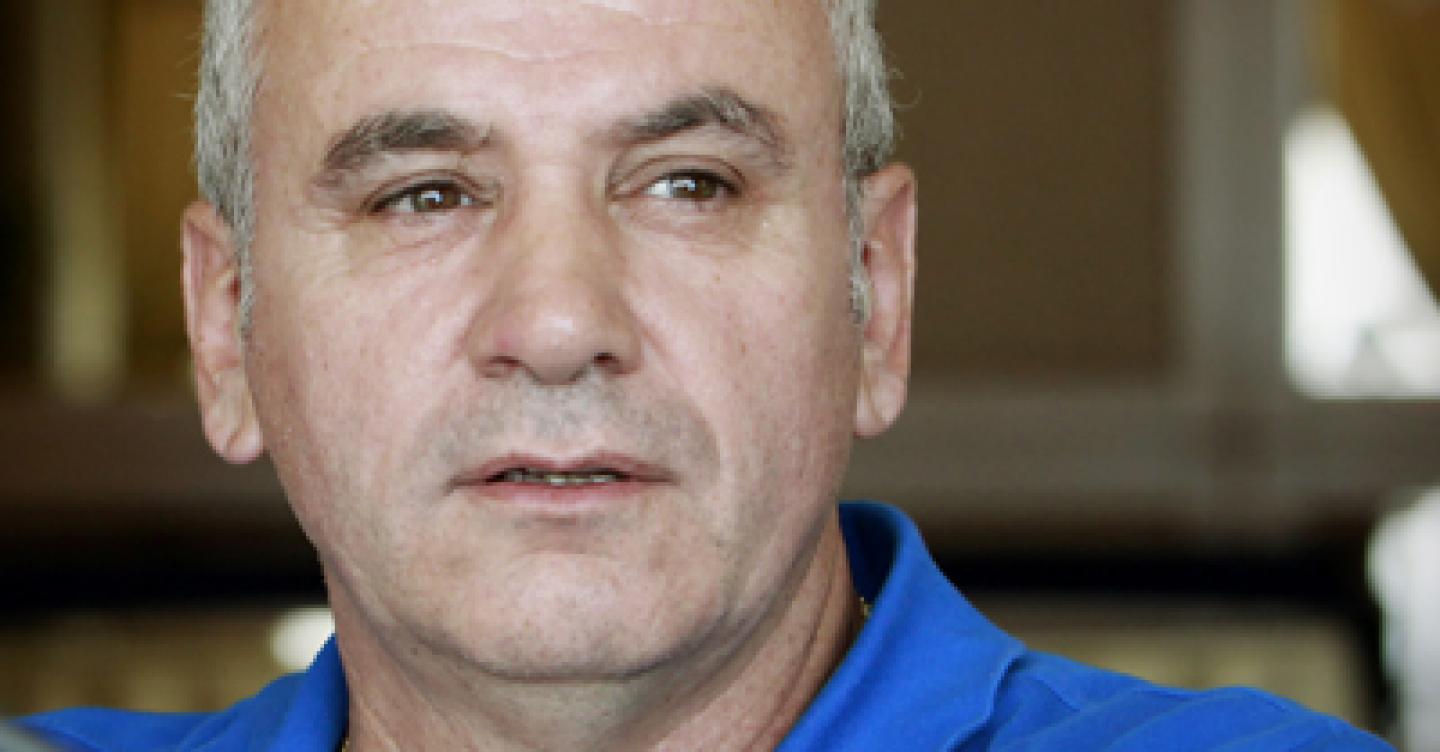Interview with Philippe Bana (IHF Competition Manager) - “We have witnessed the future of handball here”
26 Jul. 2011

With the Men’s Junior WCh is entering the crucial stage, Philippe Bana has accomplished most of his tasks. 80 WCh matches out of 100 in total staged in Thessaloniki are completed. A good reason to feature questions and answers with the International Handball Federation’s Competition Manager:
We have reached the crucial stage of the Men’s Junior WCh in Greece. Could you do a kind of interim stocktaking?
Bana: It has been one of the IHF’s best ever decision to return to the ‘old’ knock-out mode. You could witness at the 1995, 2001 or 2007 World Championships in Island, France or Germany how good this mode has done handball. It is just the same here in Greece. We saw some exciting matches including partly thrilling overtime periods. This is indeed what we are looking for: emotions and passion – The system including a main round phase lacked all these features. We will stick to this mode during the Women’s WCh in Brazil and coming Junior and Senior WChs.
Moreover it seems as if competition for Europe is heating up.
Bana: This is nice to see. The continents ‘grew up’ to escape from Europe’s shadow. The next Junior WCh will provide another two spots for Africa that had strong teams here with Tunisia, Algeria and Egypt in particular. Benin’s first WCh appearance ever was of special importance. Canada’s national team is worth mentioning too in this context. They showed their own initiative to pave their way to Greece. And a great future awaits Qatar too.
Indeed this WCh tournament seems to see a very special atmosphere.
Bana: This atmosphere has been growing in the course of the tournament. We do have a lot of fun here, experiencing great moments within the IHF family and with the local organisers alike. Thinking about the current situation of Greece it is truly remarkable.
How do you assess the local organisation?
Bana: Very good. The collaborators and staff of the federation are very attentive. The challenge of transporting 24 teams to one hotel was perfectly settled. They put their heart and soul in this WCh. I give you an example: When a Slovene player got seriously injured the organisers sent flowers and gifts to the hospital to express sympathy. It was a nice touch. They are really attentive to detail.
Have you discovered problems too?
Bana: Nothing special. It is not that easy to inspire people for our sport here in mid-July with 35 degrees during the holiday period and to make them pouring to the halls. If Greece is playing, it is easy. The halls are fully packed and the atmosphere is great. It would be nice to see some more people during other matches. But generally speaking the Men’s Junior WCh’s standard is similar to an A-WCh. You notice that the Hellenic Handball Federation acquired good know-how for the 2004 Olympic Games (when they organised very good handball tournaments) that still exists.
The sporting quality of the matches is impressing, isn’t it?
Bana: Sure. You realise that many teams had worked hard to prepare for this WCh. And the big handball nations must meet the challenge. You have ten to twelve teams performing on high level that is amazing. You may observe here how the future of handball looks like. For the major part these teams had already competed in the Men’s Youth WCh in Tunisia two years ago. Tremendous progress has been made since then.
And the experiment with referees – nomination of so-called mixed couples for the placement matches – proved successful?
Bana: I think it was good. It was interesting to observe how the referees communicated if they had not the same mother tongue. At this point I would like to state that the IHF also nominated a couple of young and new delegates. This was good for handball, contributing to a great atmosphere and encouraging for the future.
Let’s take a look into the future. The Women’s World Championship will be taking place in Brazil in coming December. What are your expectations in the run-up to this major event?
Bana: The WCh is eagerly awaited. We will see how the Brazilian federation will take its first step on the road to the Rio 2016 Olympics. It will be the first chapter of a big story about handball in South America. Further it is of great importance to have World Championships outside Europe too. The knock-out system will make a contribution to a successful event. The Brazil WCh could open the floodgates to future handball as a global and popular sport.

